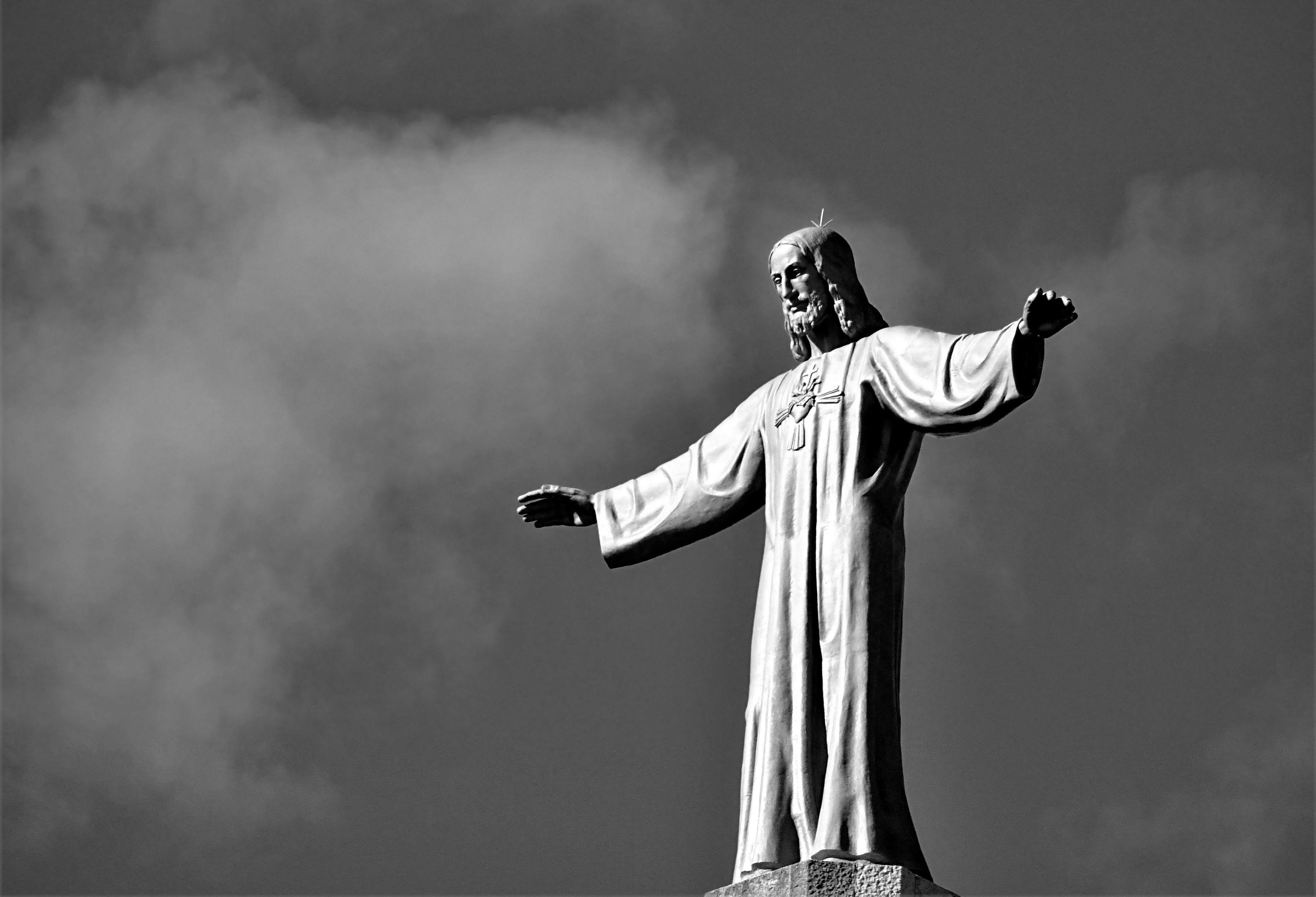advertising

August 06,2025 • 5 min read
Exploring the Legacy of Levi: Key Insights from 1 Chronicles 6

The tribe of Levi holds a pivotal place in biblical history, revered for its sacred duties and enduring legacy. 1 Chronicles 6 meticulously outlines the lineage, roles, and responsibilities of the Levites, offering profound insights into their contributions to Israel’s spiritual and cultural fabric. This chapter, rich in genealogical detail, provides a comprehensive look at the Levitical priesthood, their settlements, and their divine calling. Exploring the legacy of Levi through 1 Chronicles 6 reveals not only historical significance but also timeless lessons in service, stewardship, and devotion.
The Lineage of Levi: A Foundation of Faith
1 Chronicles 6 opens with a detailed genealogy tracing the descendants of Levi, one of Jacob’s twelve sons. The chapter lists Levi’s three sons—Gershon, Kohath, and Merari—whose families formed the backbone of Israel’s priestly and temple service. Kohath’s line, in particular, includes Aaron, Moses, and their descendants, who were appointed as high priests. This lineage underscores the divine selection of the Levites for sacred duties, emphasizing their role as mediators between God and the people. The meticulous record-keeping in this chapter reflects the importance of continuity and accountability in spiritual leadership, ensuring that the Levites’ calling remained untainted across generations.
The genealogical details also highlight key figures like Zadok and Hilkiah, who played critical roles in Israel’s worship. Zadok, a high priest under David, and Hilkiah, who discovered the Book of the Law during Josiah’s reign, exemplify the Levites’ enduring influence. These names serve as markers of faithfulness, showing how the tribe’s legacy was preserved through obedience to God’s covenant.
The Role of the Levites in Temple Worship
The Levites’ primary responsibility was to assist the priests in temple worship, a role detailed extensively in 1 Chronicles 6. Unlike other tribes, the Levites were not given a territorial inheritance but were assigned cities and lands to support their sacred duties. This divine arrangement ensured their focus remained on spiritual service rather than material wealth. The chapter lists 48 Levitical cities, including the six cities of refuge, which served as sanctuaries for those seeking justice. These cities were strategically scattered across Israel, symbolizing the Levites’ role in fostering spiritual unity among the tribes.
The Levites’ duties included maintaining the tabernacle, and later the temple, handling sacred vessels, and leading worship through music and song. Their role as singers and musicians, particularly under David’s organization, elevated worship to an art form, blending reverence with creativity. This aspect of their legacy highlights the importance of worship as a communal and expressive act, uniting the people in devotion to God.
Levitical Cities: Centers of Spiritual Influence
1 Chronicles 6 provides a detailed account of the Levitical cities, which were not merely residential but served as hubs of spiritual and educational activity. These cities, spread across the territories of other tribes, ensured that the Levites were integrated into the broader community, making God’s law accessible to all. The cities of refuge, such as Hebron and Shechem, were particularly significant, offering protection and justice while reinforcing the Levites’ role as moral and spiritual guides.
Each city was carefully allocated to the families of Gershon, Kohath, and Merari, reflecting a structured approach to their distribution. This organization ensured that every region of Israel had access to Levitical teaching and worship, fostering a cohesive national identity rooted in faith. The emphasis on these cities in 1 Chronicles 6 underscores the Levites’ role in decentralizing spiritual authority, making them a vital link between God and the people.
The Legacy of Levi: Lessons for Today
The legacy of Levi, as detailed in 1 Chronicles 6, offers timeless lessons for modern readers. The Levites’ dedication to service, despite lacking a territorial inheritance, serves as a model of selflessness and trust in divine provision. Their role as mediators, educators, and worship leaders highlights the importance of spiritual leadership in any community. The chapter’s focus on genealogy also reminds readers of the value of heritage and continuity in maintaining faith traditions.
Moreover, the Levites’ integration into Israel’s broader society through their cities illustrates the power of influence through proximity and accessibility. Their commitment to justice, seen in the cities of refuge, reflects a balance of mercy and accountability that remains relevant today. By studying the Levites’ legacy, individuals can draw inspiration for living lives of purpose, service, and devotion.
Theological Significance of the Levitical Priesthood
The Levitical priesthood, as outlined in 1 Chronicles 6, carries profound theological weight. The Levites were chosen by God to represent His holiness and to facilitate the people’s relationship with Him. Their meticulous genealogies and defined roles reflect the seriousness of their calling, emphasizing God’s desire for order and reverence in worship. The priesthood’s continuity through generations also points to God’s faithfulness, ensuring that His covenant with Israel endured despite human failings.
The chapter’s emphasis on the Levites’ musical contributions further highlights the theological importance of worship as a response to God’s presence. By leading the community in song, the Levites fostered a collective expression of gratitude and reverence, a practice that resonates with contemporary worship traditions.
Conclusion: Embracing the Levitical Legacy
1 Chronicles 6 offers a rich exploration of the Levites’ legacy, from their genealogical roots to their sacred duties and societal integration. Their story is one of faithfulness, service, and spiritual leadership, providing a blueprint for living out a divine calling. By examining the Levites’ role in worship, their strategic placement in cities, and their enduring influence, readers gain a deeper appreciation for their contributions to Israel’s history and faith. The legacy of Levi, as chronicled in this chapter, remains a powerful testament to the impact of dedicated service and the enduring relevance of spiritual stewardship.
Eileenevans Details
User Profile
- Full name
- Eileenevans
- Email address
- wavoh17999@foboxs.com
- Join Date
- 2025-08-06
- State
- City
- Pincode
- Address
- Follow us on Facebook
- Follow us on Twitter
- Website Name
- Bio